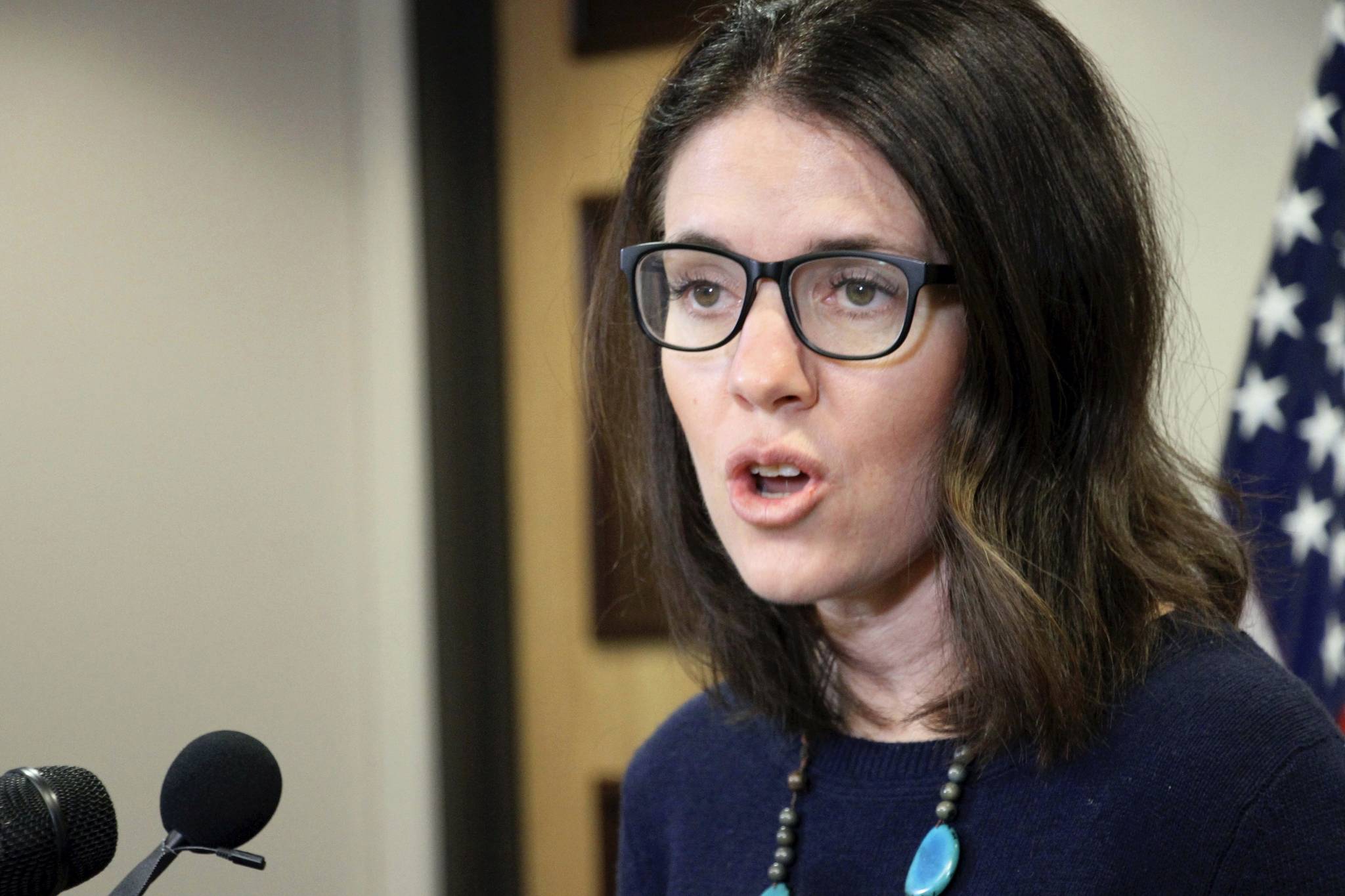As reports of an illness began spreading across the United States, reactions were mixed. One city took it seriously, closing the schools, isolating the ill, advising citizens to “socially distance” themselves and wash their hands frequently. Another city, against the advice of health officials, held a large parade.
Within days, many in the city where the parade had been held became ill. Within six months, 16,000 people in that city — Philadelphia — had died. In St. Louis, Missouri, however, where strict health measures were enacted within days of the first reported illnesses, only a fraction of that number died. History buffs will recognize this story from the 1918 flu epidemic that killed more than 675,000 Americans. Between 20 and 50 million people died worldwide.
Before every pandemic, health officials are criticized for overreacting; afterwards, the criticism is that we could have done more. We know these criticisms well, which is why we base our decisions today on both science and history, using all available resources and acting as swiftly as possible.
As we face another worldwide pandemic now from COVID-19, public health lessons from the past are more important than ever. This became even clearer this week as we announced more cases of COVID-19 in Alaska. As of Wednesday evening, all of the positive individuals had recent travel history. The virus is likely already circulating among us, and as our testing capacity continues to increase we expect to detect community transmission very soon.
While COVID-19 is similar to the flu in its symptoms, it appears to be more transmissible than the flu and has a higher case-fatality rate. Distancing yourself from others – especially if you have travelled recently or are most at risk – and also staying home if you notice any symptoms of a new respiratory infection (e.g., fever, chills, cough, shortness of breath) are critical now to slow the spread of the disease.
With no vaccine available, we have to rely on two tools: containment and mitigation. Containment involves identifying patients and their contacts to keep them apart from others and prevent disease spread. Given our limited resources here in Alaska, we also need community mitigation, which involves changing our behavior to prevent the virus from transmitting from infected persons to susceptible persons. These tools are critical: stay at least 6 feet from others, stay home as much as possible, telecommute to work, limit shopping trips to necessary groceries, avoid gatherings, and avoid unnecessary travel.
Public health professionals call it “flattening the curve.” This involves decreasing the number of new infections that occur in our population over time. If we suddenly get a spike of sick Alaskans, our health care systems here could get overwhelmed. If the system becomes overwhelmed, it will become hard to care for COVID-19 patients or others in need. If we act together, we can flatten the curve together, but this is going to take all of us, including our children. We need to take heed of what we’re seeing now in Italy, Seattle, New York and other places and get ahead of this as quickly as possible.
These changes are hard. Business are hard hit and so are families and individuals. Our health care workers will continue to work with limited supplies and limited testing capacity, all while knowing that they are among the highest risk for COVID-19 infection.
It’s important that we all take care of ourselves. Wash your hands — all the time! Use plenty of soap and water and wash for at least 20 seconds. Stay healthy in other ways, too. Get plenty of sleep. Eat nutritious meals. Be mindful to find ways to alleviate your stress. For me, it helps to reflect on how grateful I am to live in this amazing state, and to spend at least some time every day to take in the beauty that surrounds and sustains those of us who live here.
Let me be clear, your actions today — and those of every other Alaskan — will make the difference between life and death for some Alaskans. Protective measures we take now to slow the spread of this disease will help save lives and prevent even worse economic consequences later.
The stress and sadness I sense in your voices, calls, letters and tweets are real, but I want to remind all of us we are strong. We are resilient. We can socially distance ourselves without socially isolating. We’re Alaskans; we know how to do hard things.
Thank you, Alaska, for taking care of each other. We are stronger together.
Dr. Anne Zink, M.D., is a board-certified emergency physician and Alaska’s chief medical officer.

